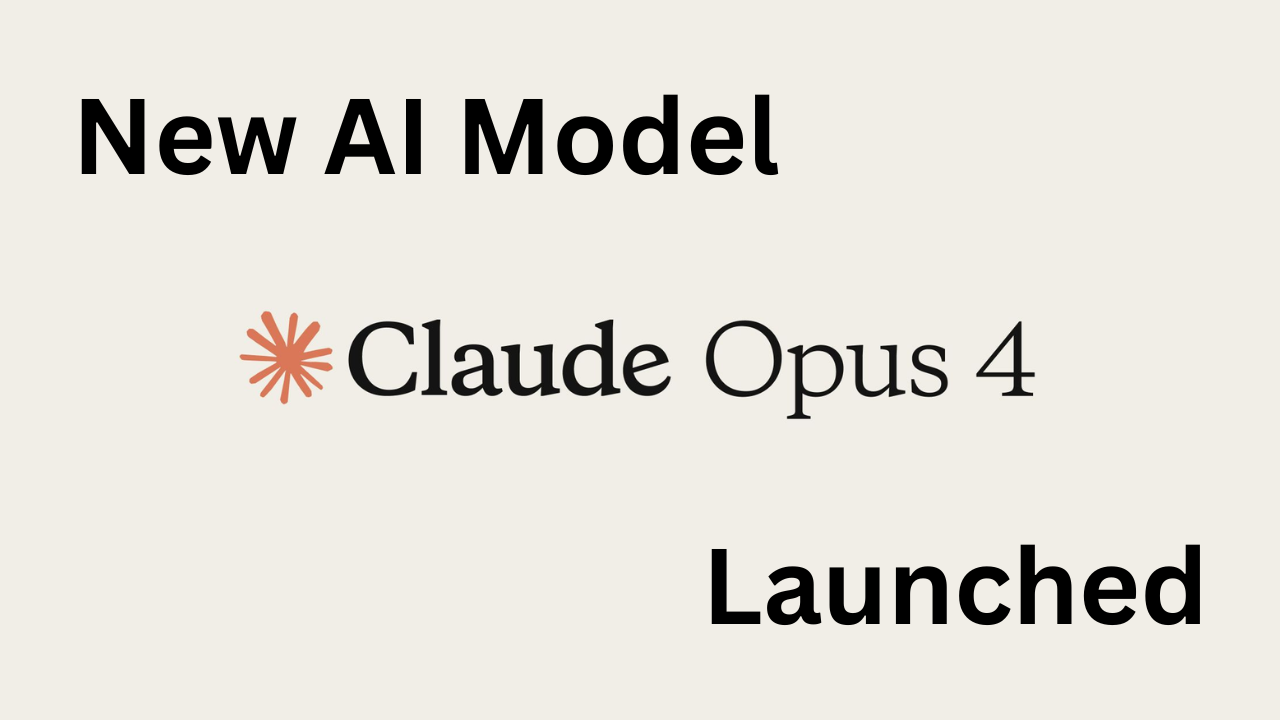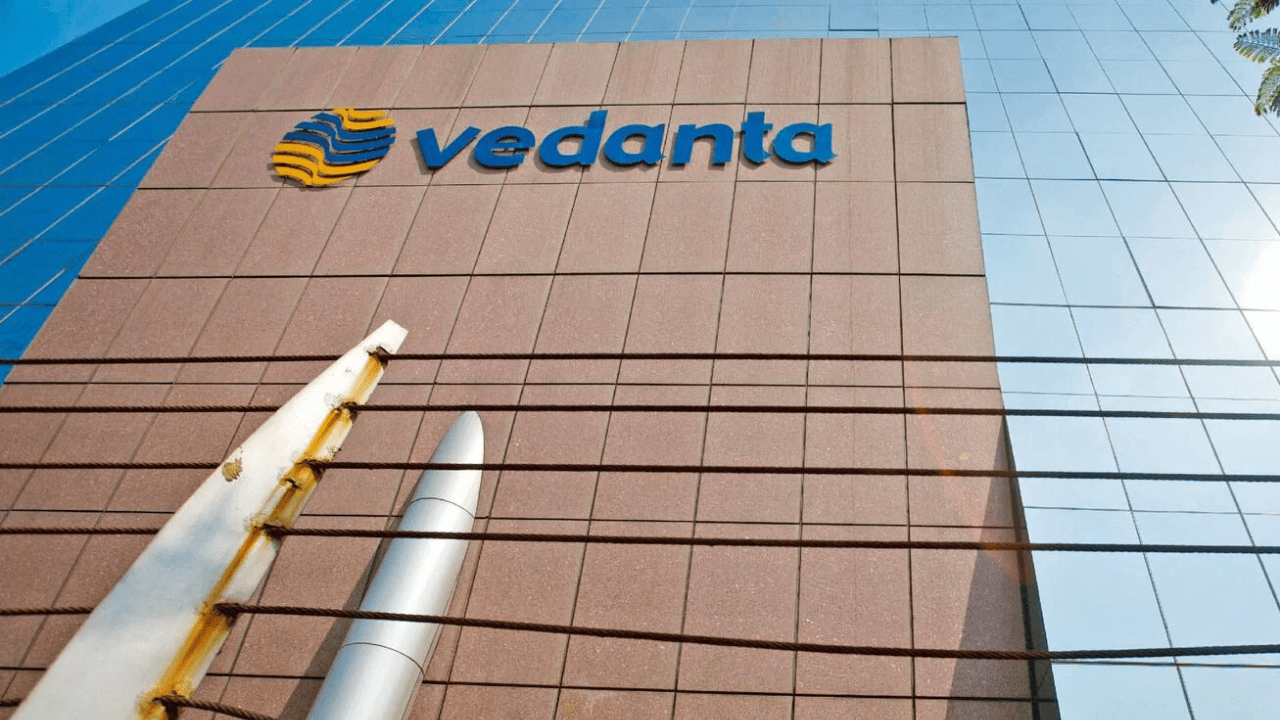On May 22, 2025, AI startup Anthropic—backed by Amazon and Alphabet—launched its next-generation Claude 4 family, featuring two flagship models: Claude Opus 4 and Claude Sonnet 4. With a pronounced focus on long-duration autonomy and advanced coding capabilities, these models are poised to reshape how developers and enterprises leverage AI for complex, multi-hour workflows.
Claude Opus 4: The World’s Best Coding Model
Unprecedented Autonomy
In rigorous client testing with Rakuten, Claude Opus 4 sustained independent coding for nearly seven hours, eclipsing the 45-minute runtime of its predecessor, Claude 3.7 Sonnet. This breakthrough in AI agent workflows means Opus 4 can tackle extensive refactoring, debugging, and large-scale development tasks without human intervention for extended periods.
State-of-the-Art Benchmarks
Anthropic reports that Opus 4 leads on software engineering benchmarks—scoring 72.5% on SWE-bench and 43.2% on Terminal-bench—outperforming competing models from Google and OpenAI Anthropic. Its hybrid “quick answer” and “extended thinking” modes let users toggle between rapid responses and deep, step-by-step reasoning, making it ideal for both prototyping and mission-critical production code.
Enterprise-Grade Availability
Developers and businesses can access Claude Opus 4 via the Anthropic API, Amazon Bedrock, and Google Cloud’s Vertex AI Anthropic. Pricing remains consistent with previous tiers: $15 per million input tokens and $75 per million output tokens, with options for cost savings through prompt caching and batch processing.
Claude Sonnet 4: Compact Powerhouse for General AI Tasks
Enhanced Efficiency
While not matching Opus 4’s raw endurance, Claude Sonnet 4 delivers a significant upgrade over Sonnet 3.7 in both coding and general reasoning, achieving a 72.7% SWE-bench score while consuming fewer compute resources Anthropic. Its steerability features give teams fine-grained control over tone, verbosity, and output style—ideal for applications ranging from content generation to customer support.
Free and Paid Access
Sonnet 4 is available to free-tier users, democratizing access to high-performance AI, while Pro, Max, Team, and Enterprise subscribers get both Sonnet 4 and the more powerful Opus 4 in their plans. This tiered approach ensures that organizations of all sizes can benefit from Anthropic’s latest advances.
Key Features Across the Claude 4 Family
Thinking Summaries
Both models condense their internal reasoning into succinct summaries, boosting transparency and debuggability for complex tasks.
Extended Thinking (Beta)
Users can switch modes mid-conversation, letting Claude dedicate more “thinking budget” to especially intricate problems.
Agentic Search
Claude 4 models integrate web-search tools to pull in real-time information, broadening their research capabilities for market analysis, academic review, and more.
Implications for AI in Software Development
Anthropic’s launch of Claude 4 underscores a broader industry shift toward autonomous AI agents capable of running full corporate workday simulations. By sustaining high-quality output over hours, Opus 4 and Sonnet 4 promise to:
- Accelerate Product Development with extended code generation and automated testing.
- Reduce Engineering Bottlenecks by handling routine maintenance and refactoring tasks.
- Enhance Collaboration by providing clear, summarized reasoning—and even draft PRs—for human review.
According to Mike Krieger, Anthropic’s Chief Product Officer, achieving long-duration autonomy is “critical for driving productivity and unlocking economic impact”














